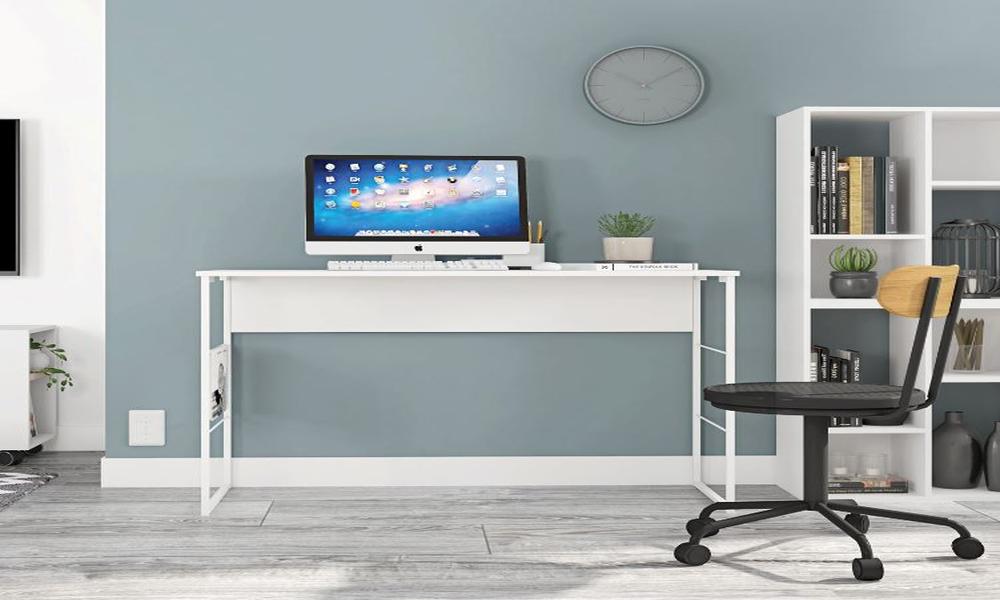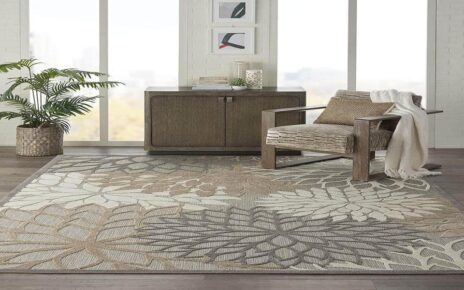A study desk is a crucial piece of furniture in any home or office setting. It is the space where people spend countless hours working, studying, and being productive. A well-designed study desk can be a game-changer in terms of productivity and comfort. It is not just about aesthetics, but also about functionality.
When designing a study desk, it is essential to consider the ergonomics of the space. The desk should be at a comfortable height, and the chair should be adjustable to support the lower back. The lighting should also be adequate to reduce eye strain and fatigue.
Furthermore, the study desk should be organized to enhance productivity. It should have enough storage space to keep books, files, and stationery organized. A well-organized study desk can help reduce clutter and make it easier to focus on the task at hand.
Designing a Study Desk for Small Spaces
In today’s world, people are living in smaller spaces, and designing a study desk in a small area can be challenging. However, it is still possible to create a functional and stylish study desk that fits into a small space.
The first step is to choose a desk that is appropriate for the available space. A smaller desk or a wall-mounted desk can be ideal for a small room. A wall-mounted desk can also be folded away when not in use to create more space.
When selecting a desk, it is essential to consider the style and material. A modern, minimalist desk can help create a spacious and clutter-free environment. A desk made of wood or metal can add warmth and texture to the space.
Another aspect to consider is storage. A small desk may not have much storage space, so it is essential to create storage solutions that do not take up too much room. Floating shelves or wall-mounted cabinets can be a great way to add storage space without taking up floor space.
Incorporating the Study Desk into the Overall Interior Design
A study desk is not just a piece of furniture but also an element of the overall interior design. It should be incorporated into the design of the room to create a cohesive and harmonious environment.
When designing a study desk, it is essential to consider the style of the room. The desk should complement the overall style of the room, whether it is modern, minimalist, or traditional. It should also be in harmony with the color scheme and other elements of the room, such as the flooring, walls, and window treatments.
Lighting is also an essential aspect to consider when designing a study desk. The desk should be positioned near a window to take advantage of natural light. A task lamp can also be added to provide additional lighting when needed.
Finally, it is essential to consider the accessories that will be used on the study desk. A desk lamp, a pen holder, and a notepad can add personality and functionality to the space. The accessories should be chosen to complement the style and color scheme of the room.





